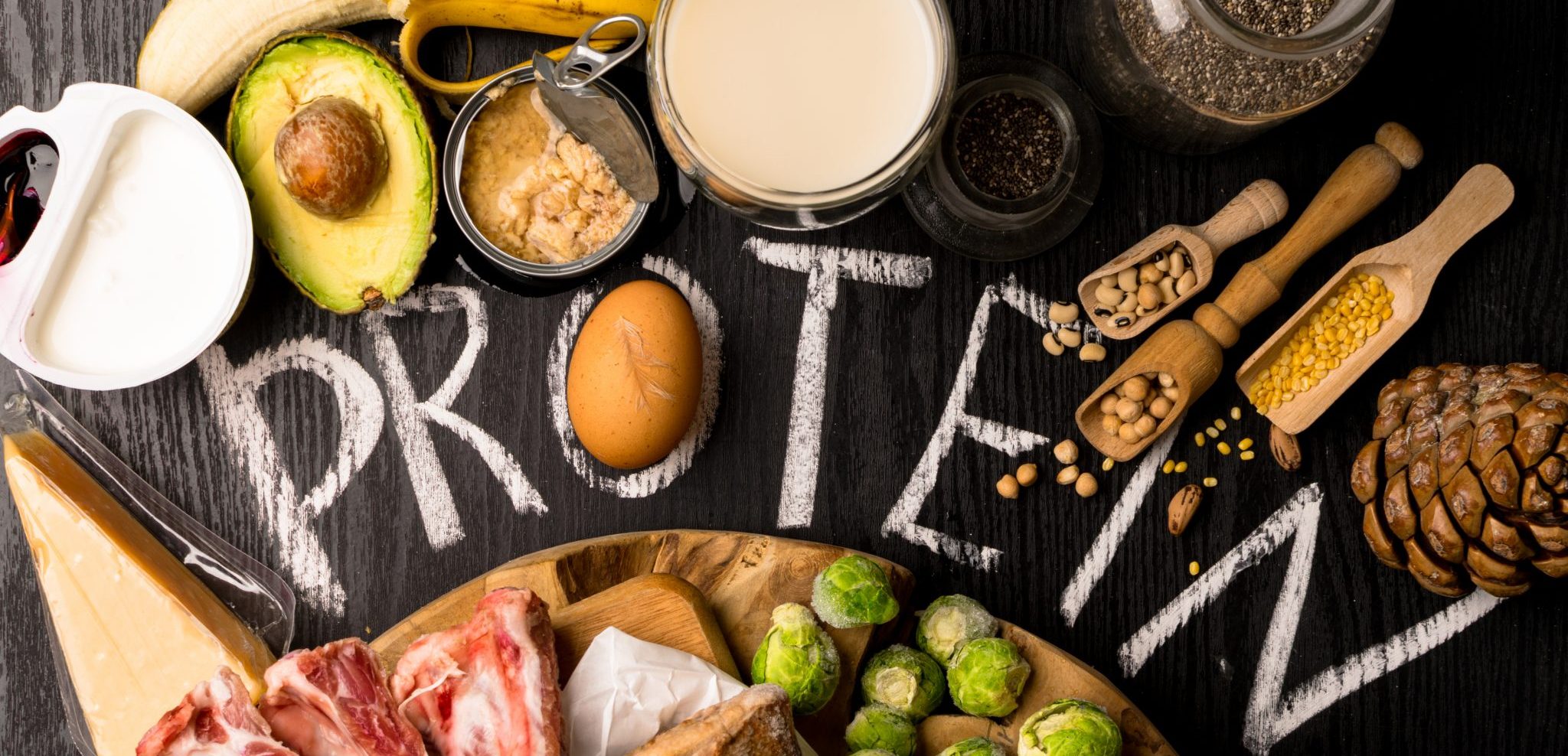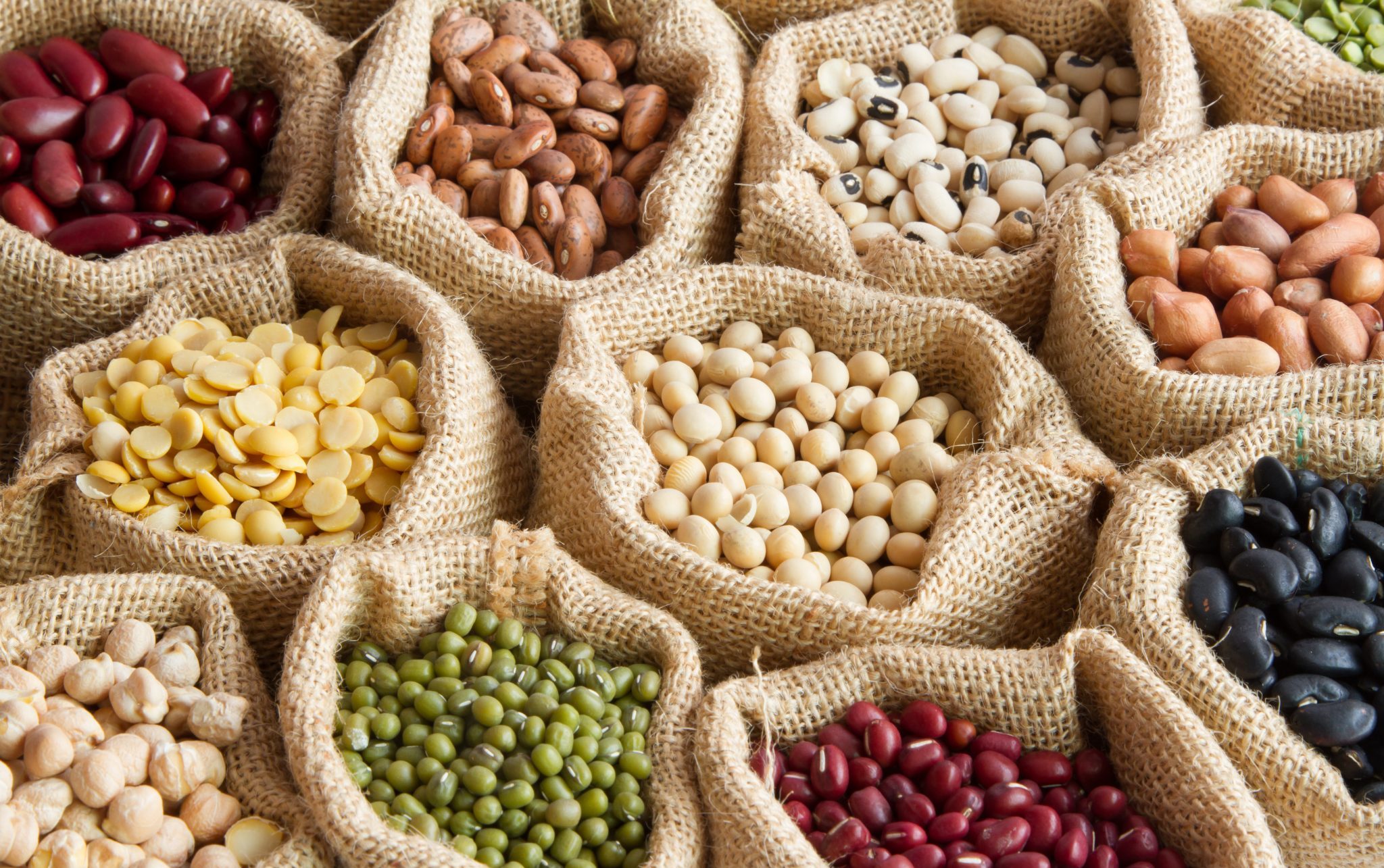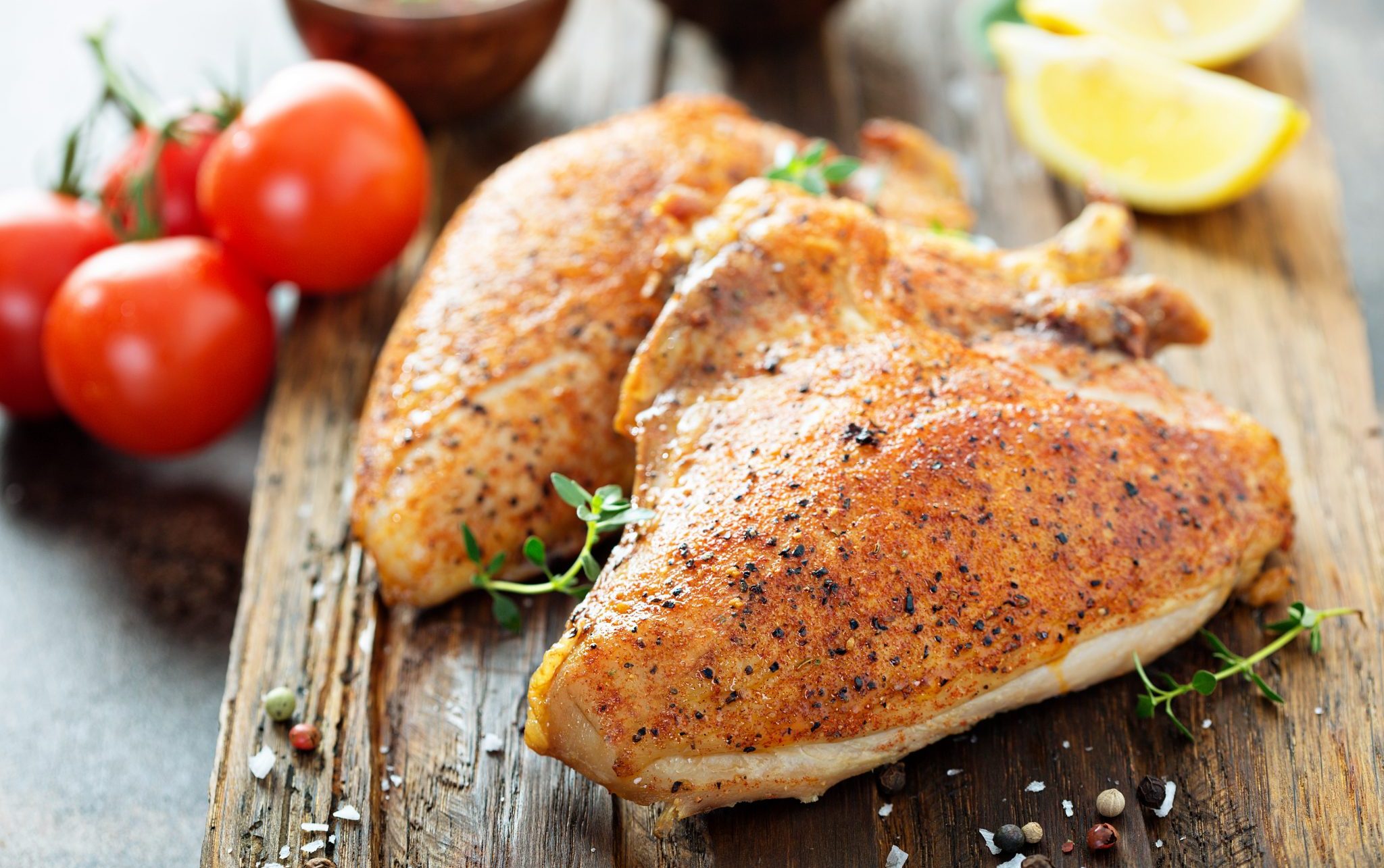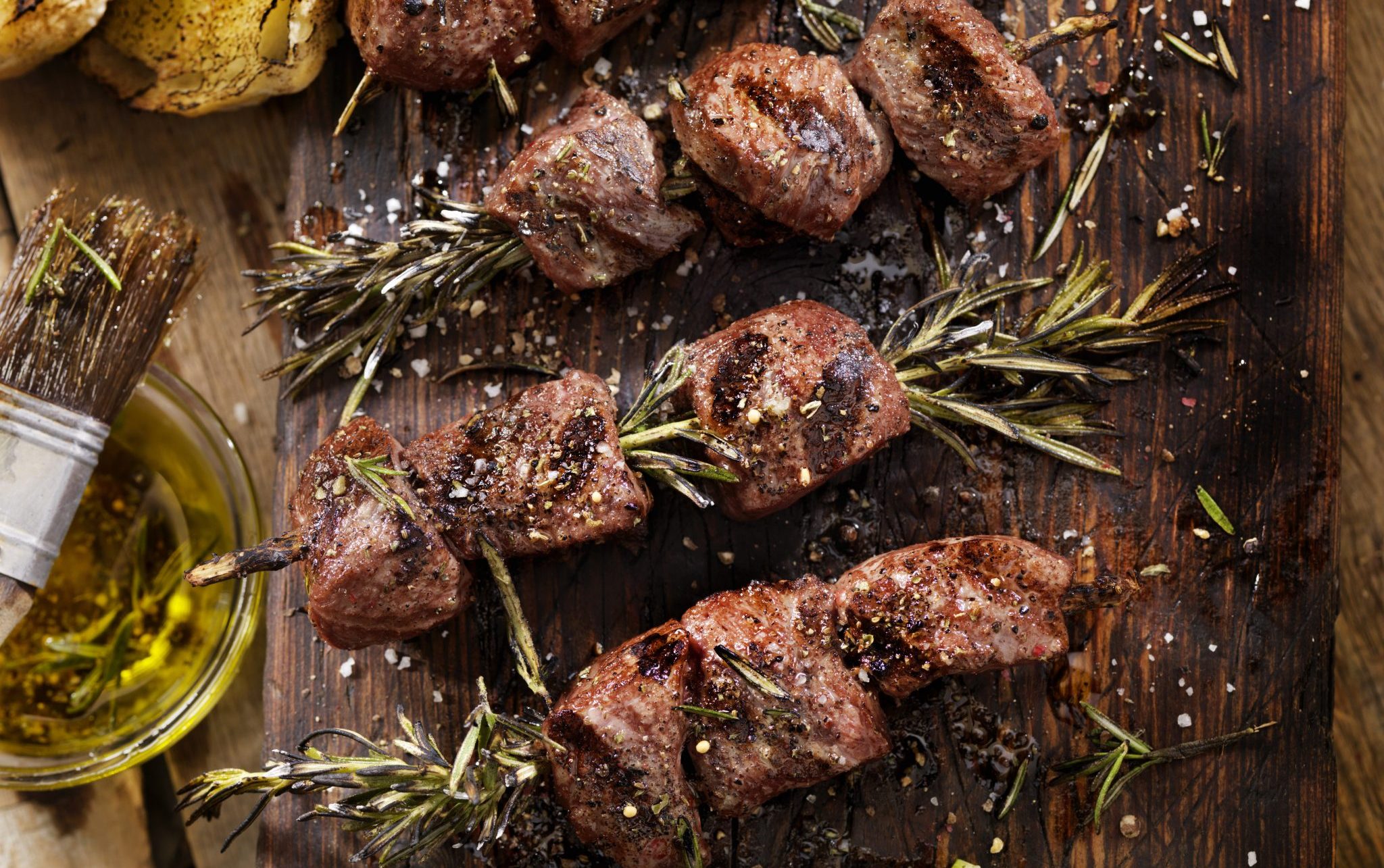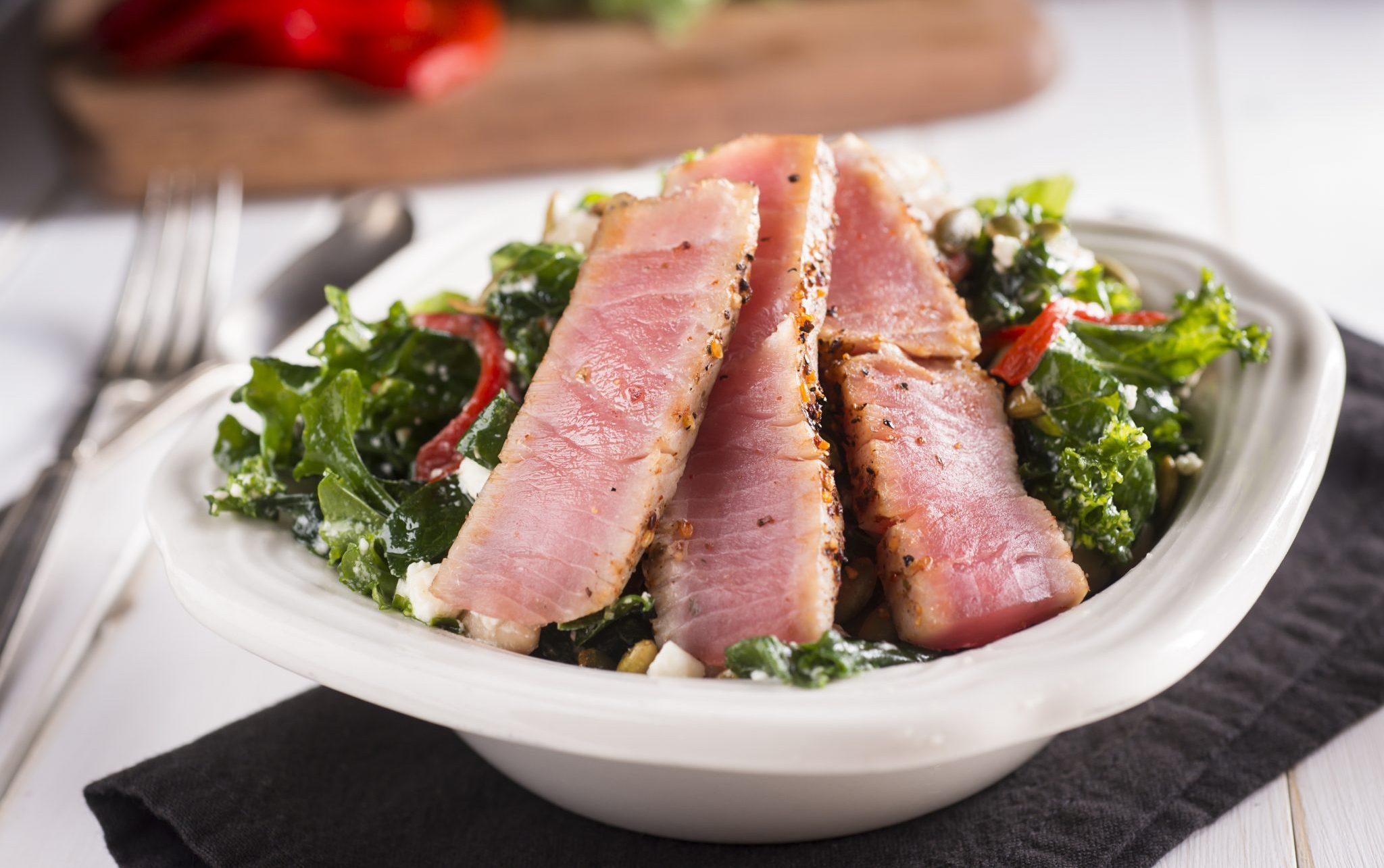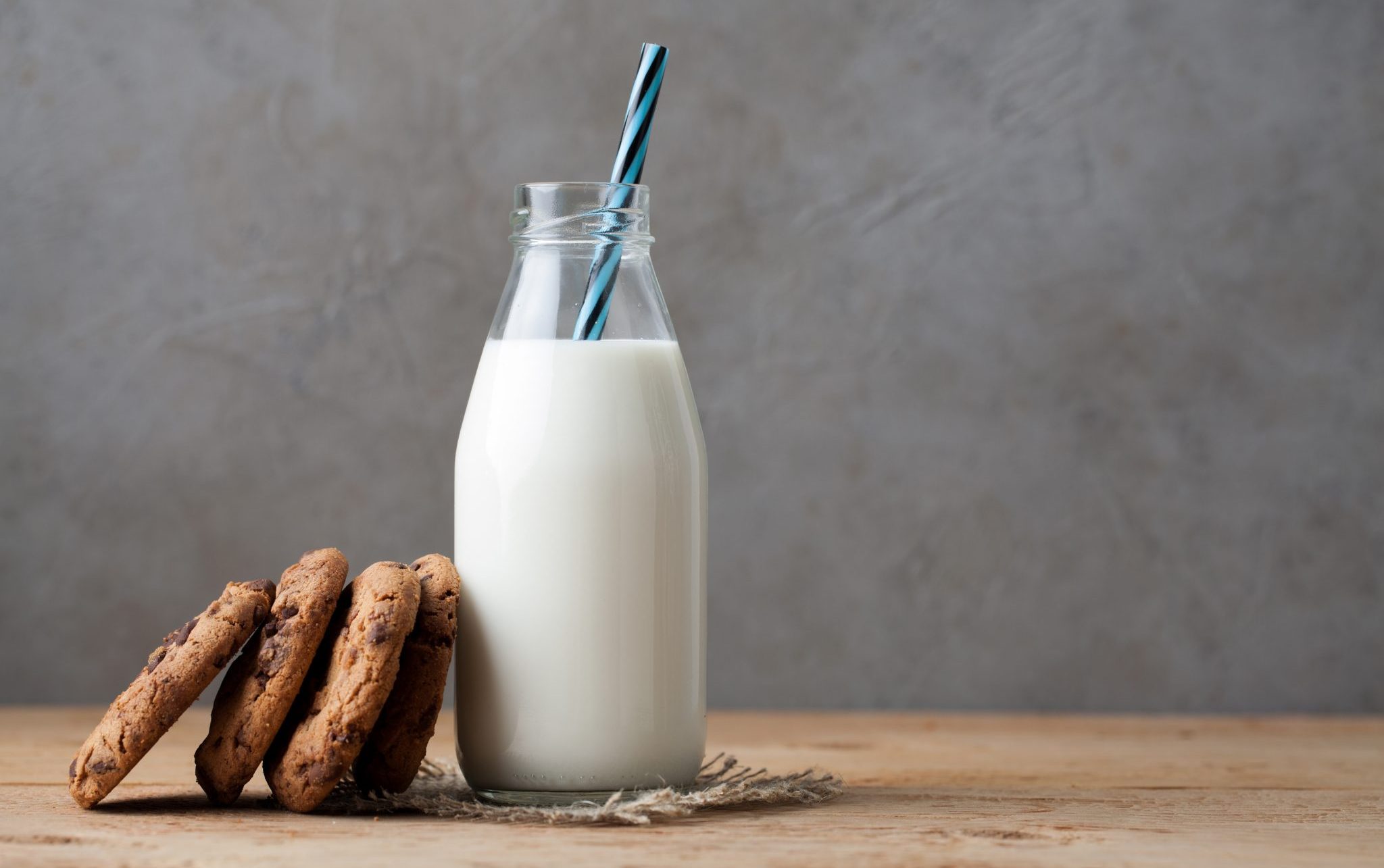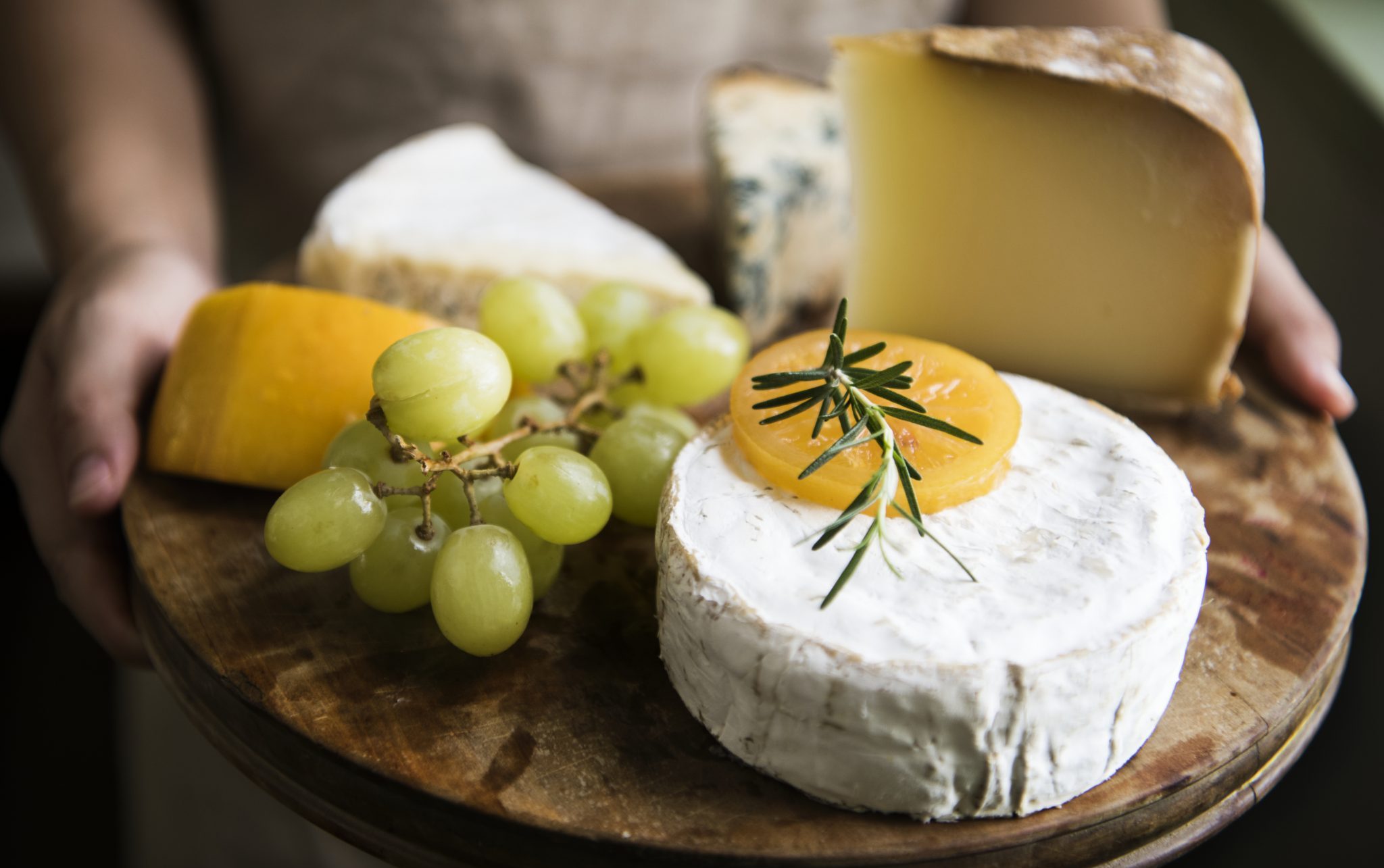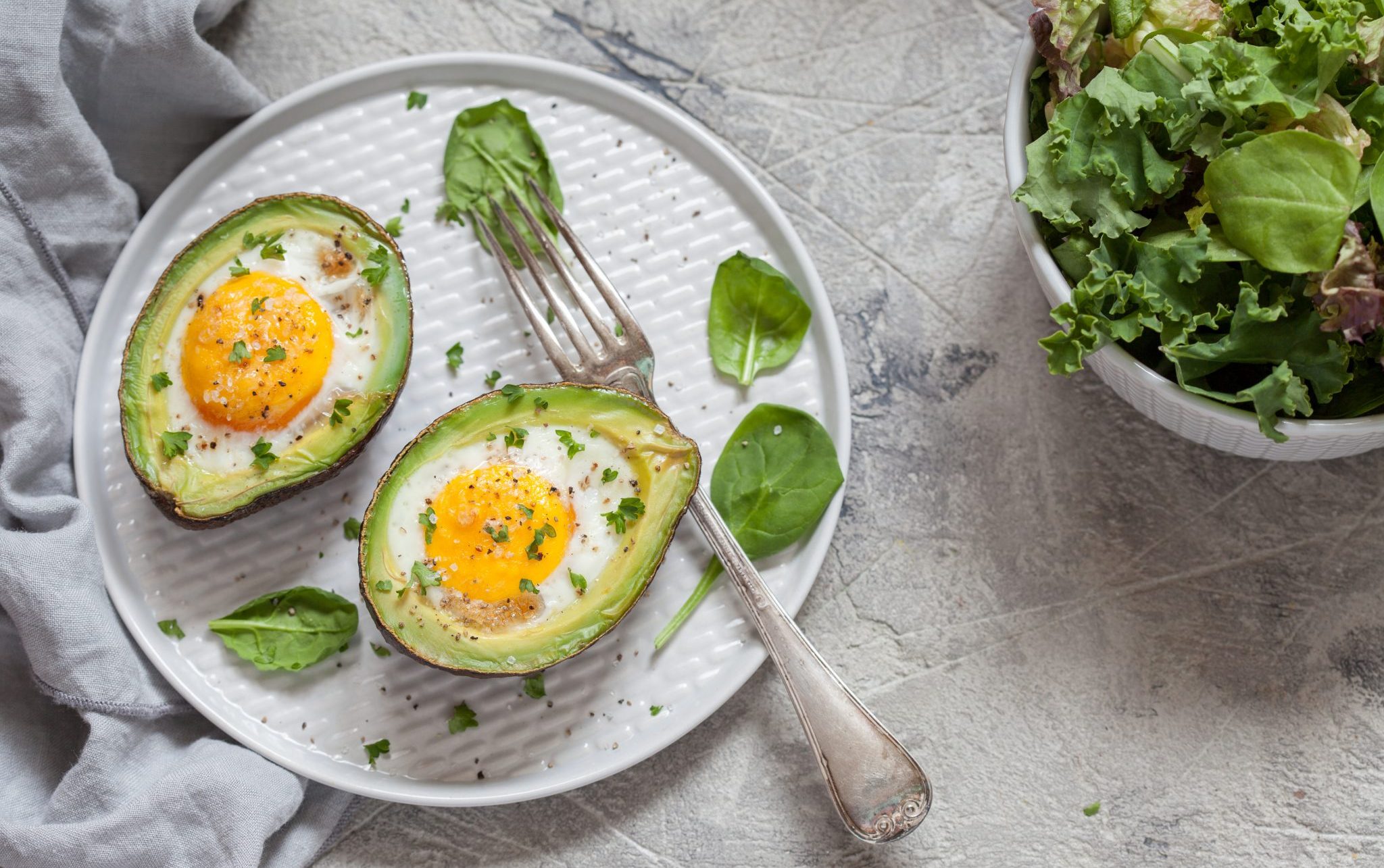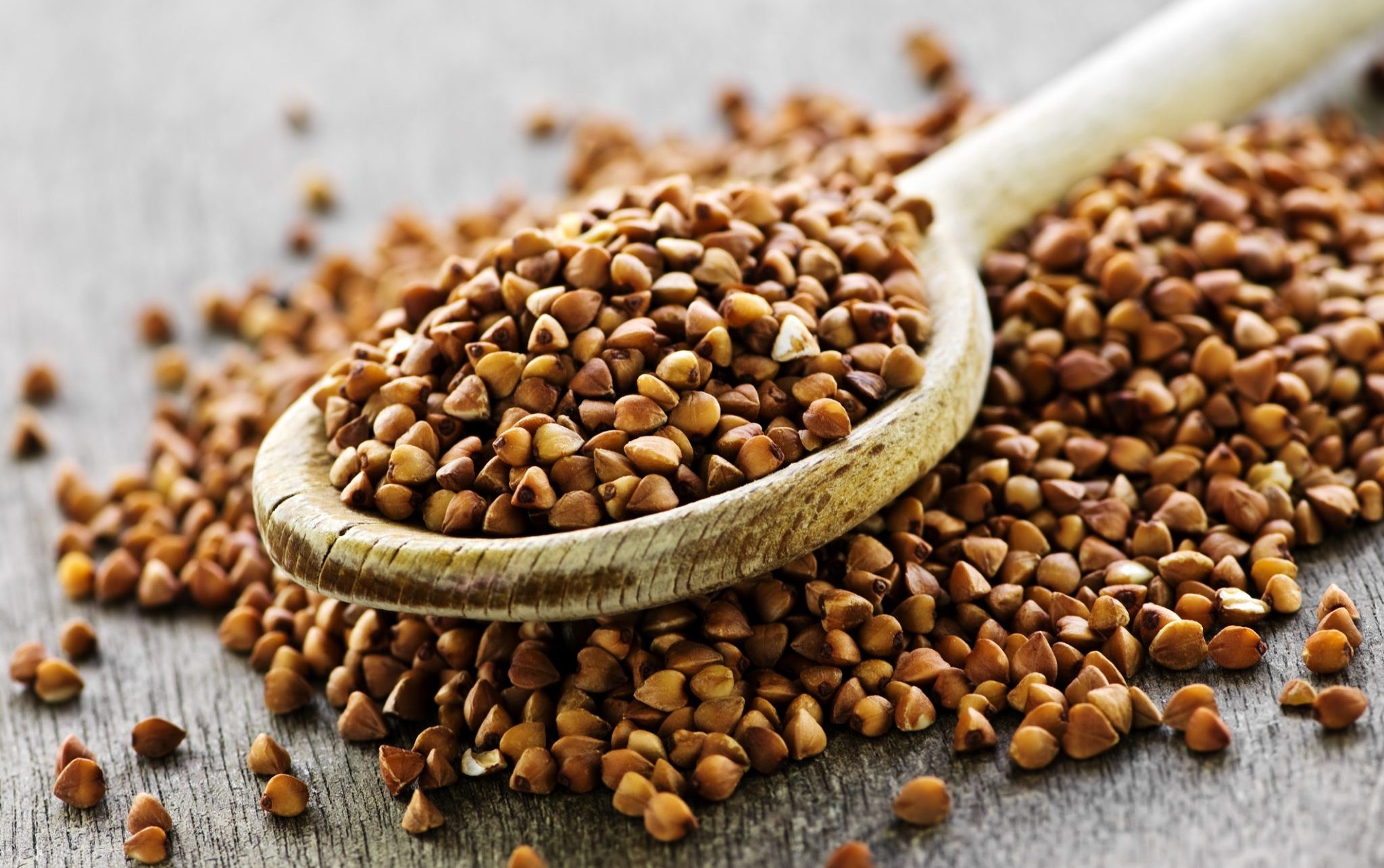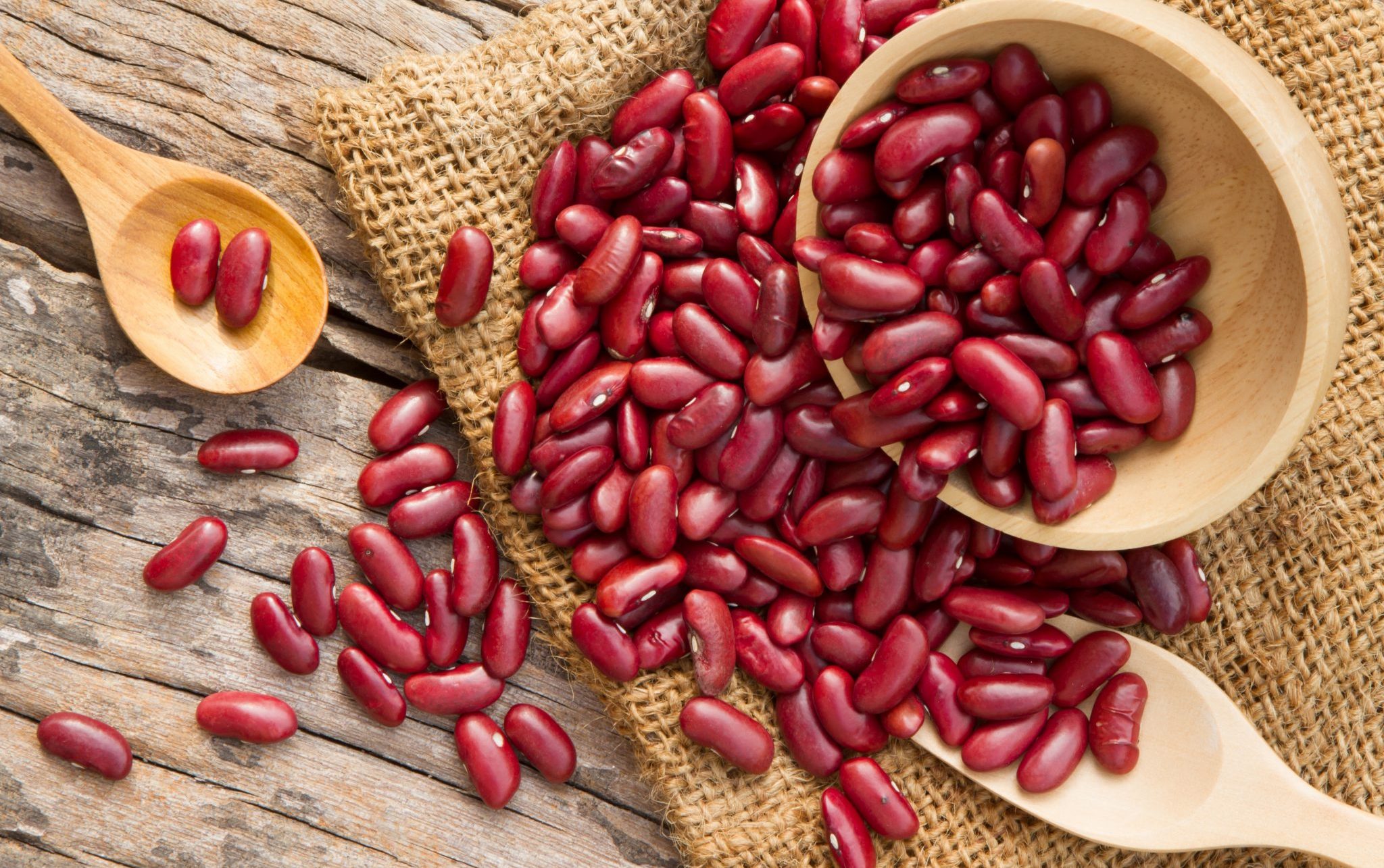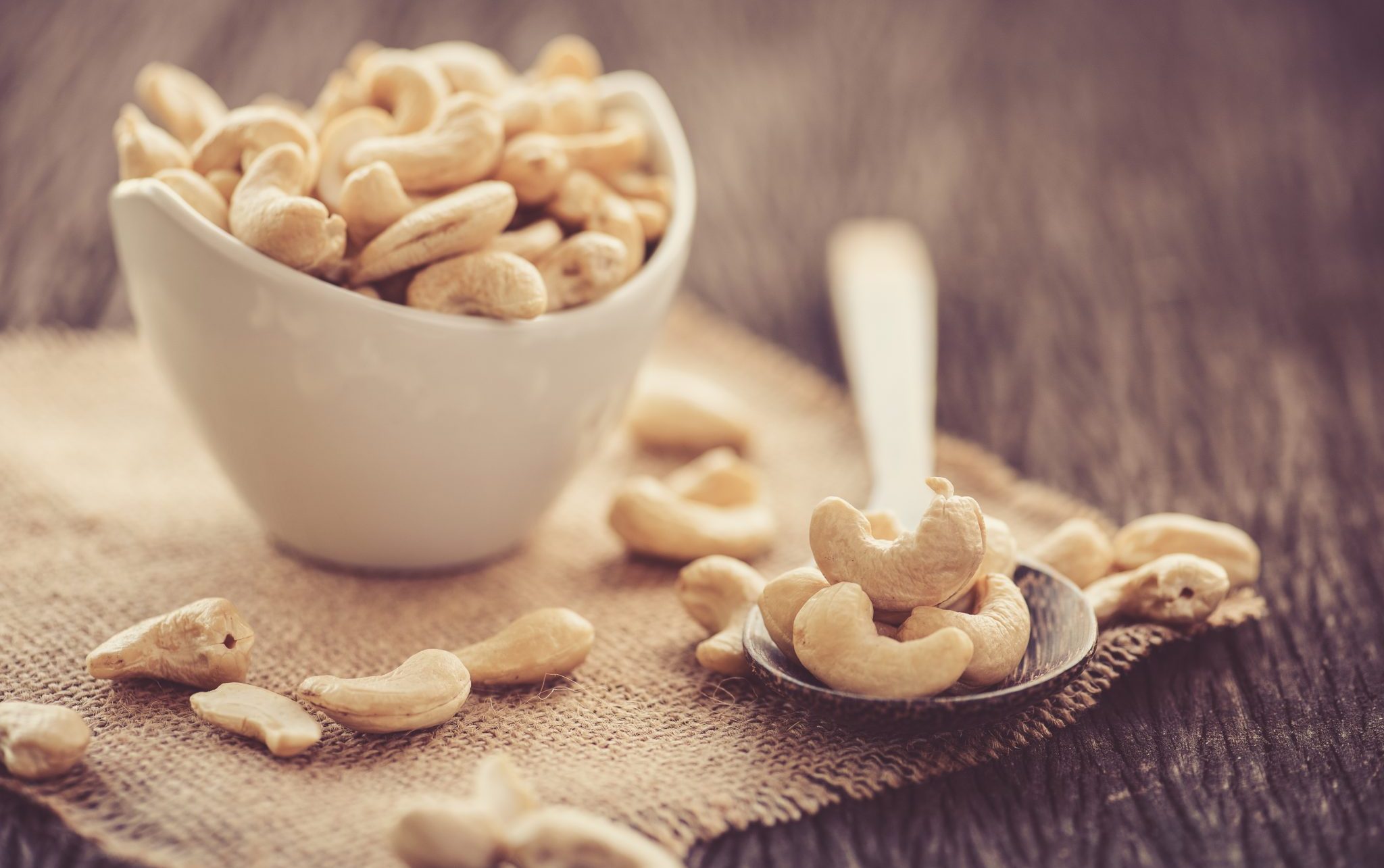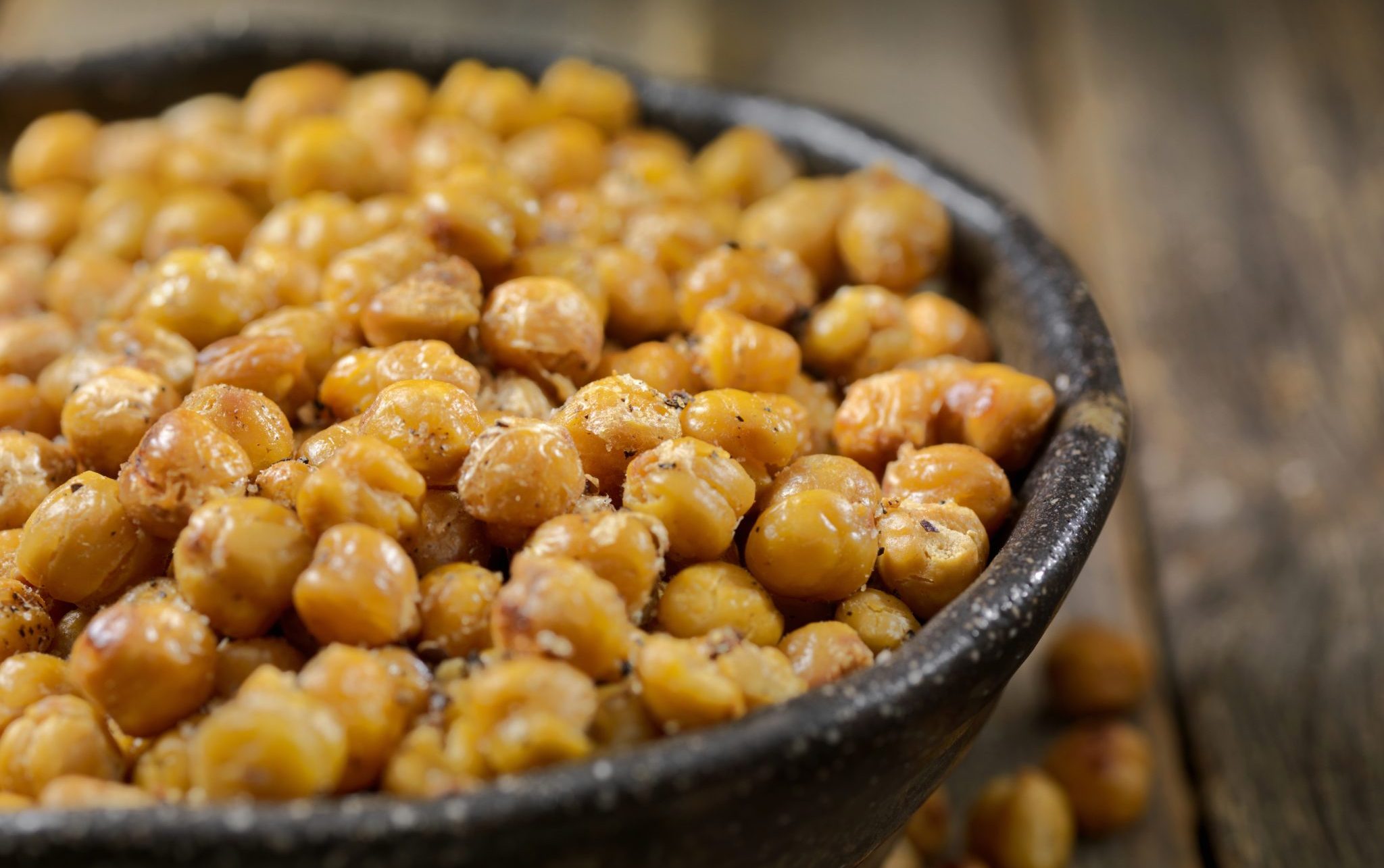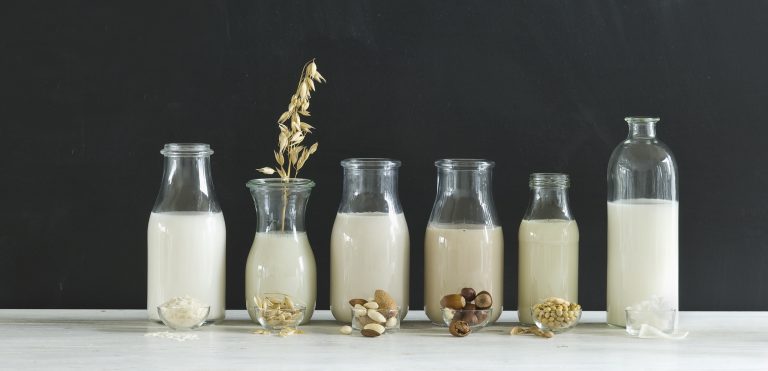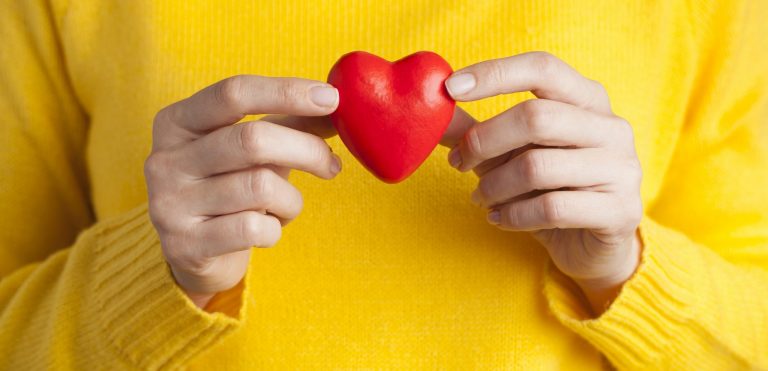Protein is one of the building blocks of your body, but just how much of those nutrient bricks does it take to keep you not only going, but be in top physical shape. Many getting into diet and fitness wonder: “How much protein is required daily?” And this is a valid question, after all, how can we plan our eating routine without knowing how much we need? In this article, we’ll help you discover more about this essential nutrient, what it means for your system, and how to optimize your protein supply.
The basics – how much do you need?
Let’s cut straight to the chase. As you probably know, there is not one single standard average protein intake per day per person, nor is there an average amount of protein a female and male should have per day. Instead, the amount of your required daily protein intake is based on a number of factors – how much you weigh, your activity level, age, muscle mass, fitness goals, and your overall health.
Remember, if you suffer from certain illnesses, your dietary needs may be affected.
But there is a general formula that you can use to discover your recommended protein amount per day. This calculation is for someone with an office job, living a pretty sedentary lifestyle, and the formula works a little like this:
Per kilogram of body weight, you will need around 0.8 grams of protein, or if you’re in the US, that’s 0.0008 pounds per pound of body weight.
That means if you’re an 85kg man, you’ll need 68 grams of protein per day, whereas if you’re a 60kg woman, you’ll need a mere 48 grams.
But, that’s just the basics.
This number represents the dietary recommended protein per day level, the minimum to keep you from deficiency, not the amount you need to boost your body.
For that, you’ll need to up your protein consumption. There’s no consensus on how much protein is needed exactly to meet your growing needs, but scientists agree that the RDA is too little. The latest suggestions estimate around 0.8 to 1.2 kg per day.
Protein’s role in your body
The dieting world is obsessed with high-protein, low-carb diets like Keto and Atkins, but what makes this element so essential, and why are fitness fanatics striving to add more to their diets?
While we don’t recommend either of these restrictive diets, knowing the healthy amount of protein an adult needs a day is only the beginning. Here’s why protein isn’t just an optional extra on your dinner plate.
Like we said at the beginning, protein is one of your building blocks. It helps create and repair your body from your head to your toes, or more specifically, your hair, nails, skin, organs, muscles, tendons, organs, cartilage, and blood.
Essentially, it’s a vital component of every cell in your body – in fact, it accounts for 20% of each of them. Unfortunately, unlike other essential elements such as carbohydrates, the body cannot store protein for future use, meaning you need a steady supply to keep you going.
Like all things in life, protein doesn’t come in a one-size-fits-all format, the quality, and type of protein you chose will impact your diet and health.
Protein is created from amino acids, and these are what make your source of protein an important decision. There are 21 amino acids in total; out of these nine are deemed “essential.” That means they cannot be made by your system and have to be consumed.
For those vegans out there, things are about to get tricky.
Animal proteins, such as meat, fish, eats, and dairy, are considered complete proteins. They contain all the essential amino acids needed – no fuss, no muss.
But that doesn’t mean all hope is lost for our non-meat-eating friends, you just have to get a little more creative and combine your proteins (but, we always said that variety is the spice of life anyway) So, what better excuse than to combine those beans, lentils, tofu, nuts and seeds, and create a protein-rich dish?
10 essential protein sources
Whether you’re vegan, vegetarian or an unrepentant meat-eater, it’s time to discover more about the sources of protein you can use to fuel your system.
The meats
1. Chicken
Packed with protein and a number of other handy nutrients – fat (15g), calcium (11mg), iron (0.9mg), and more, chicken can be a tasty, easy-to-prep protein.
Try as part of a lunchtime salad or roast in the evening for a little extra crunch. But if you’re not looking to up those kcals, avoid the fried variety.
Amount of protein: 27g of protein per 100g of chicken, 239 calories (depending on the method of preparation)
2. Beef
Rare, medium rare or well done, the choice is yours when deciding how to take this protein. Remember to keep it lean and avoid fatty cuts.
Loaded with iron, vitamin B, and a number of other nutrients, this red meat can be prepped in various forms to suit your needs – roasted, jerked, sausages, etc.
Amount of protein: 26g of protein per 100g of beef, 250 calories (depending on the method of preparation)
3. Tuna
This low-cal contender could make the perfect accompaniment to your diet, try on a sandwich, in a salad or even as part of your sushi order to combine taste with nutrition.
In addition to its other qualities – vitamins, minerals, selenium, iron, and potassium – tuna’s percent of protein per day figure will help to stay in top shape.
Amount of protein: 25.5g of protein per 100g of tuna, 116 calories (depending on the method of preparation)
The eggs and the dairy
1. Milk
Not just for babies, the classic milk mustache is in fashion for those seeking a quick, cold protein boost (and a few other nutrients too – calcium, phosphorus, and riboflavin).
Perfect on its own, as an accompaniment to breakfast cereal or as a milkshake (extra sugar included here so beware).
Amount of protein: 8g of protein per 1 cup of whole (full fat) milk, 149 calories (milkshake syrup not included)
2. Cheese
If you like variety, cheese is for you – stringy, melted, aged, gooey – and that’s before we even get started on the types – cheddar, brie, edam, parmesan, ricotta, American, etc.
Try on a sandwich, in a salad, or even on top of a homemade pizza to get the benefits of protein and calcium.
Amount of protein: 25g of protein per 100g of cheese, 402 calories (based on cheddar)
3. Eggs
A breakfast stable, eggs are said to be a super-powered food. While eggs (yolk plus white) have a high protein content, the white alone is practically all protein.
Try some boiled, as soldiers, scrambled or poached for a protein-rich addition. You can also blend the eggs into other foods, such as rice to boost the nutrient content.
Amount of protein: 13g of protein per 100g of egg, 155 calories (depending on prep)
Non-meat proteins
1. Buckwheat
This unsuspecting grain sneaks its way into the top vegan proteins list; its credentials show it has a high level of protein, fiber, and carbs, making it filling and nutritious.
Experiment with this hearty grain, and you won’t be disappointed, cook with some mushrooms and onion for a tasty dinner, or try some buckwheat noodles with a delicious sauce.
Amount of protein: 13.3g of protein per 100g of buckwheat, 343 calories (depending on the method of prep)
2. Kidney beans
There is something a little magical about this bean – its protein count. Kidney beans can be used as part of a curry, added to a salad or taco for a creamy, nutritious boost.
Also noted for lowering cholesterol and back with B1 vitamins, this bean isn’t a one-trick pony.
Amount of protein: 24g of protein per 100g of kidney beans, 333 calories
3. Cashews
It’s snack time! If you have that crunch craving, there’s no need to reach for a bag of chips, instead, choose a healthier option.
Cashews have been known to lower cardiovascular disease risk, reduce blood pressure, and improve heart health. They aren’t the highest-ranking nut in protein terms, but they are tasty and flexible – try in a salad, as an addition to curry or simply on their own as a snack.
Amount of protein: 18g of protein per 100g of cashews, 553 calories
4. Chickpeas
A stable from the legume family, chickpeas are a multipurpose source that packs a protein punch.
Chickpeas can be used to make hummus, falafel, as a soup base, part of a curry, and more, or you can simply roast and eat them on their own. Our little secret? Salt and vinegar roasted chickpeas are to die for, but eat sparingly, as, despite their protein power, they’re still a snack food.
Amount of protein: 19g of protein per 100g of chickpeas, 364 calories
For more natural protein sources, check out our article here.
Is too much bad for you?
Now that we’ve worried about getting enough and told you the amazing ways to fit a little protein in your diet, it’s time to switch that focus and look at – is having over the recommended protein per day amount bad for you?
For those of you who love to get a protein fix, the answer is no, having more than the RDA of protein isn’t bad for your health…but there are exceptions.
Following a high protein diet, such as Atkins or Keto, can lead you to restrict other nutrients in addition to boosting your protein intake. This can lead to malnutrition, and we strongly recommend consulting a doctor before undertaking such restrictive regimes.
In addition, if you have kidney problems (or certain other illnesses) it may be recommended that you do not consume too much protein.
However, on the whole, remember, if you have any concerns about your diet please consult your nutritionist or health care provider and learn what is most suitable for you.

